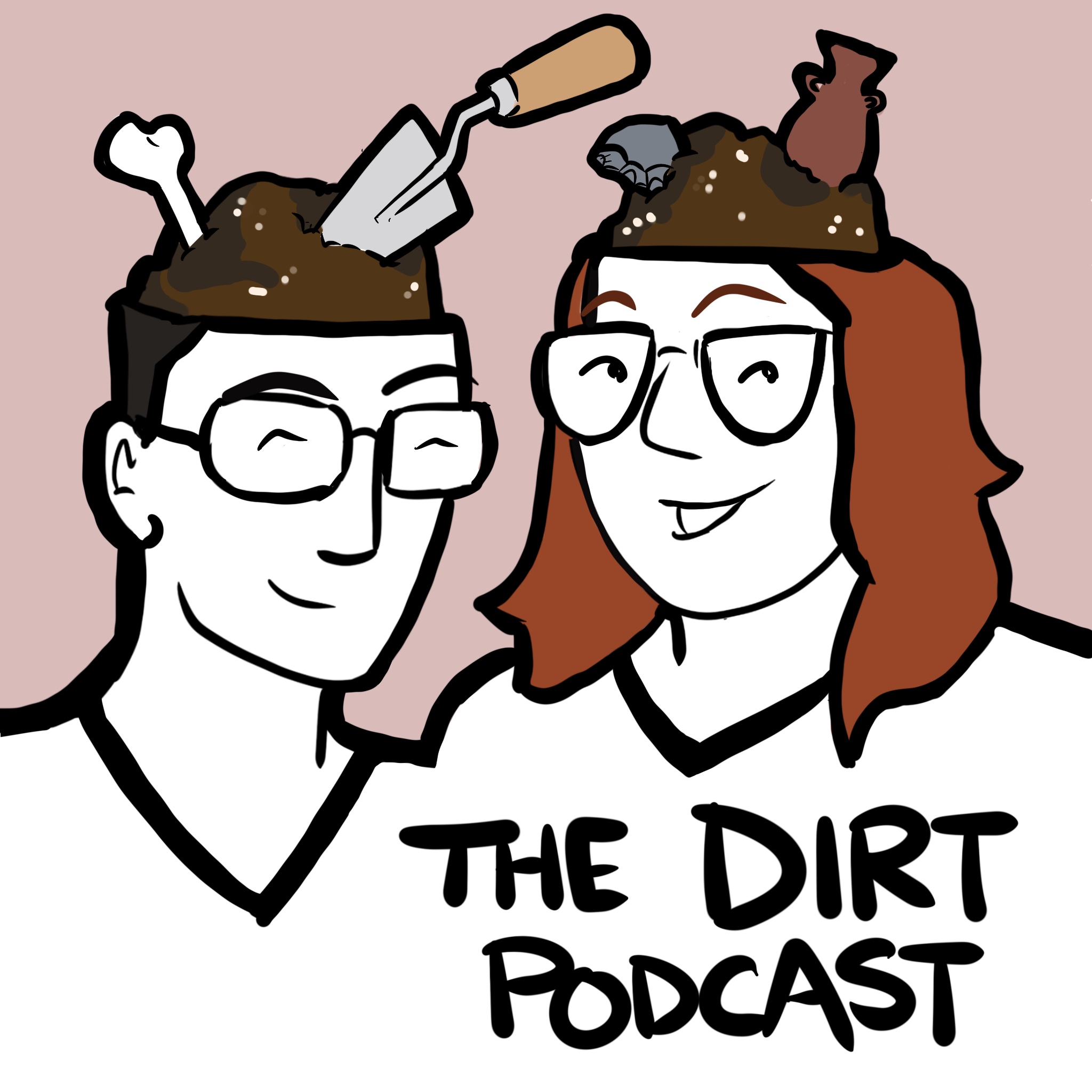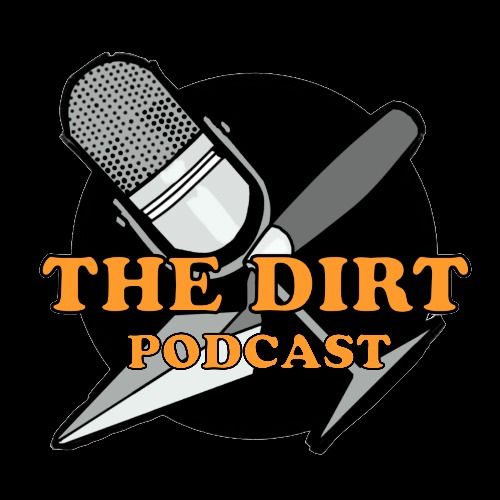bonus
Deep Cuts: Proteomics
Branching off from our episode on DNA, Anna and Amber discuss two more methods of analysis for ancient materials--ZooMS and proteomics! Learn what surprising things you can learn with just an eraser or plastic bag. Plus, Amber learns about Anna’s favorite definitely-not-a-cryptid giant ape.
Proteomics and ZooMS (University of York)
Getting under the skin of a Medieval mystery (University of York)
The Proteome: Discovering the Structure and Function of Proteins (Nature Education)
Scientists Now Know Where the Largest Ape to Ever Exist Sits in Primate Family Tree (Smithsonian)
Exotic foods reveal contact between South Asia and the Near East during the second millennium BCE (PNAS)

